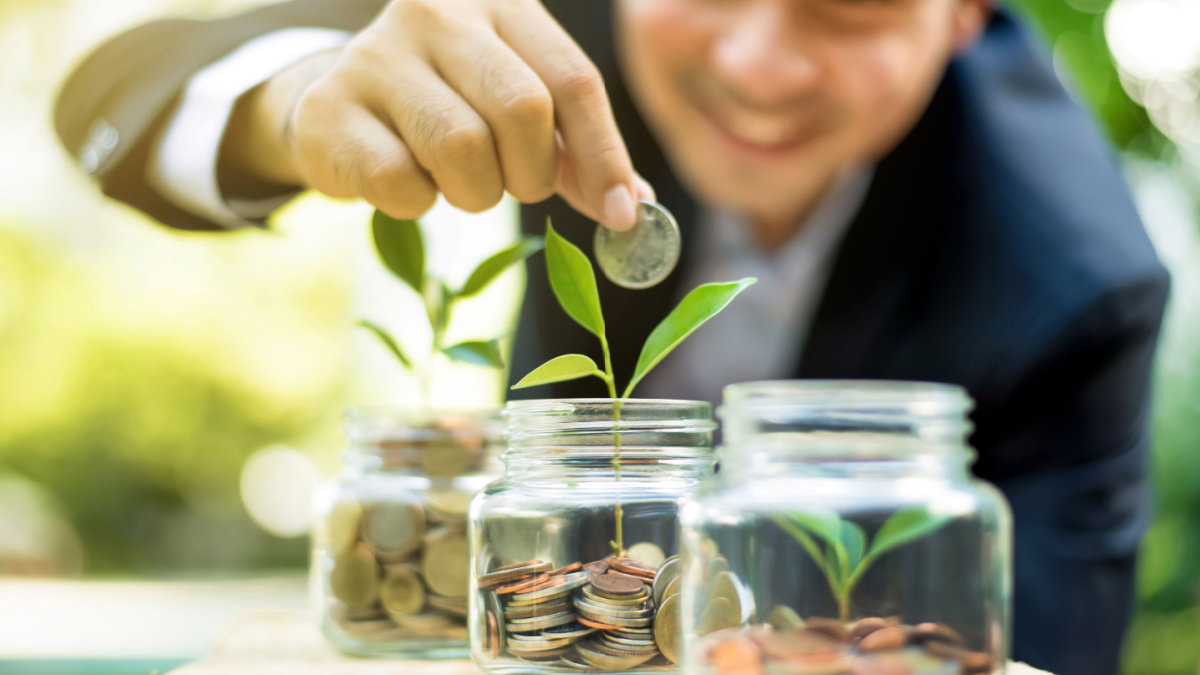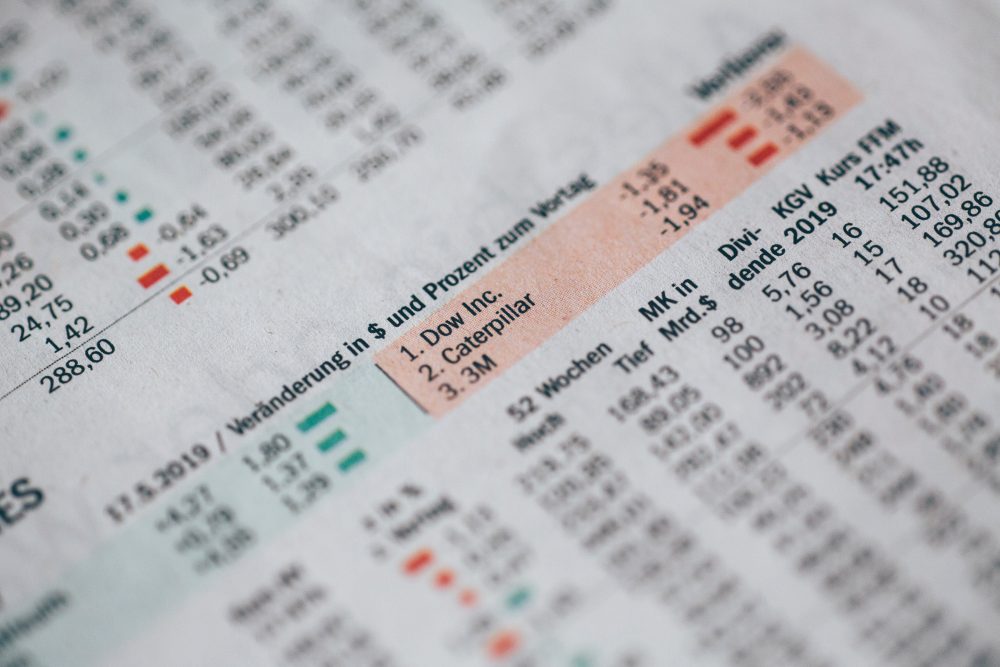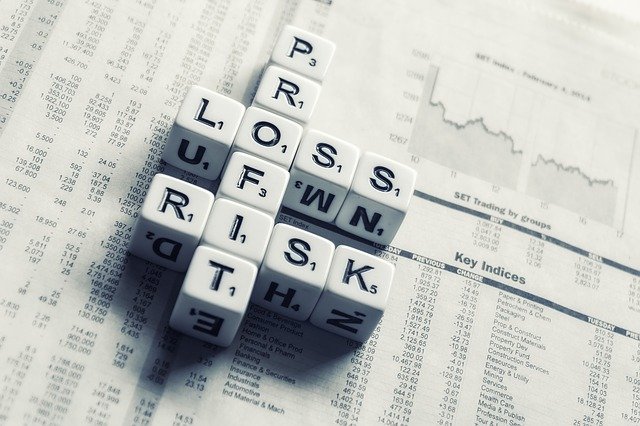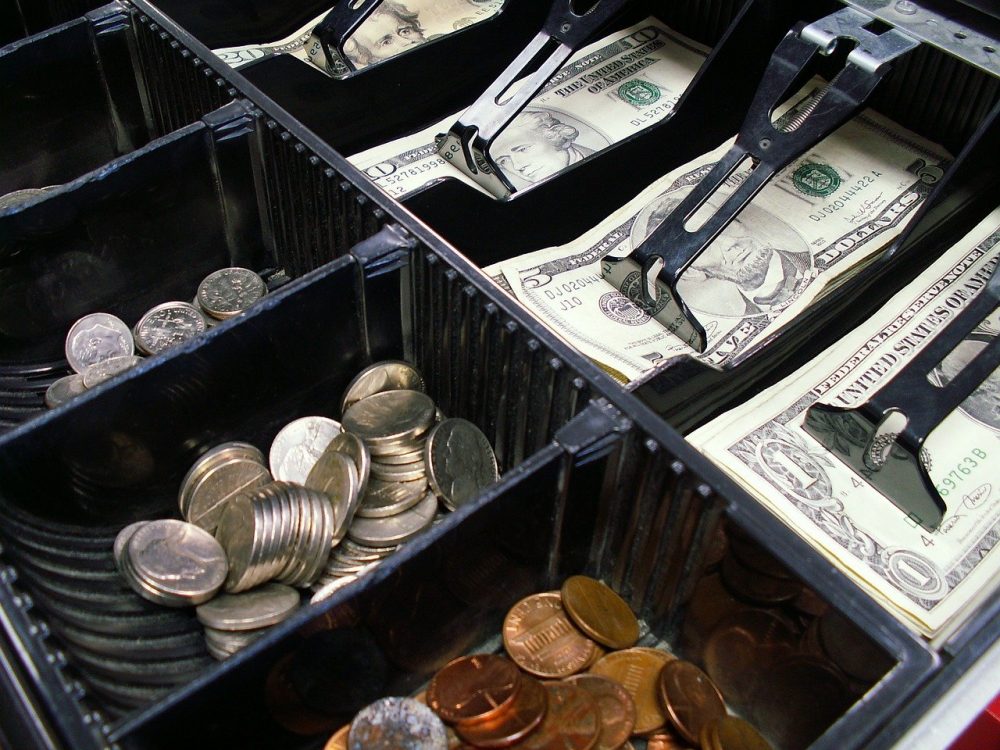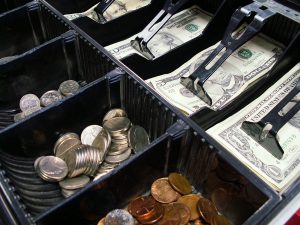The easing of pandemic restrictions and infusion of $1.9 trillion from the federal government may unleash a flow of consumer spending. As a result, some investors are wondering about the potential impact of inflation on economic recovery.
Unleashed Savings May Fuel Inflation and Recovery
Many people are struggling to make ends meet. However, reduced household spending has led to record personal savings. Estimates of consumer savings go as high as $1.5 trillion in the United States alone, according to Bloomberg. Worldwide, the estimate is $2.9 trillion.
Consumers with excess cash have been putting money into assets such as homes and investments. Consequently, financial and housing markets are robust. However, that pent-up cash could begin being used for dining, entertainment, travel, and other goods and services. If that happens, we could see inflation.
COVID and Cash
Last month in the United States, the number of people vaccinated exceeded the number of new Covid-19 cases. Many state and local governments point to the decline in new cases as justification for reducing restrictions on public gatherings.
The February unemployment rate dropped .01 percent with 379,000 new jobs added. Most of those jobs were in the leisure and hospitality industries.
An Inflation Primer
Inflation, in its simplest form, is an excess of money chasing a shortage of goods and services.
The unleashing of pent-up savings, plus businesses reopening and more people returning to work would mean more money pouring into the economy. If there is a shortage of goods, as there is now, the price of those goods would go up. That is inflation.
Rising Interest, Commodities, Incomes, and Spending
The 10-year Treasury bond is regarded as a bellwether of inflation. It rose to 1.594 percent last month. That is the highest it has been in a year. This week, the rate retreated slightly to 1.526 percent.
Some commodities, such as steel, copper, and lumber are also on the rise. We are already seeing the effects of higher oil prices at the gas pump.
Consumers dolled out 2.4 percent more for goods in January than the month before. Since consumer spending makes up two-thirds of the United States economy, this is an indication more money is beginning to circulate. At the same time, incomes increased 10 percent.
Impact of Inflation on Economic Recovery
With interest rates staying so low for so long, some fear a return of runaway inflation. In the 1970s inflation ran interest rates to 20 percent. However, Federal Reserve Chairman Jerome Powell says not to worry.
Following the Fed’s December meeting, Powell acknowledged some prices may rise. He cited energy as an example.
At that same meeting, Powell said the Fed will continue to buy treasure bonds until the United States reaches full employment and inflation settles around two percent.
“What we’re saying is we’re going to keep policy highly accommodative until the expansion is well down the tracks,” Powell told reporters following the December meeting. “And, we’re not going to preemptively raise rates until we see inflation actually reaching two percent.”
Bottomline
Reopening the economy with an improved labor market and greater consumer spending may lead to slight inflation. However, that will spur the recovery.
The fear is that inflation could accelerate above expectations. But with the Fed taking an active role, that seems unlikely.
Think inflation is coming? Will it help the recovery? Share your thoughts in the comments below.

Max K. Erkiletian began writing for newspapers while still in high school. He went on to become an award-winning journalist and co-founder of the print magazine Free Bird.
He has written for a wide range of regional and national publications as well as many on-line publications. That has afforded him the opportunity to interview a variety of prominent figures from former Chairman of the Federal Reserve Bank Paul Volker to Blues musicians Muddy Waters and B. B. King.
Max lives in Springfield, MO with his wife Karen and their two cats. He spends as much time as possible with his kids, grandchildren, and great-grandchildren.

